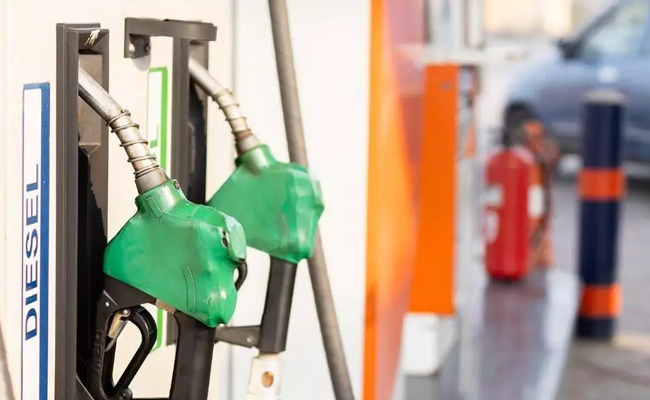
India News

In India, rising petrol and diesel prices have become quite common. Every month, revisions are made, but this time the situation is different. There are reports suggesting that fuel prices may shoot up dramatically, and the reason lies in the Iran-Israel-America conflict.
The United States has officially entered the Iran-Israel war, launching devastating bunker buster bomb attacks on Iran’s nuclear facilities. President Donald Trump himself confirmed the success of these strikes.
In retaliation, Iran has stepped into action and announced the closure of the strategically crucial Strait of Hormuz — a move that was backed by a parliamentary resolution.
Around 20% of the world’s crude oil supply passes through the Strait of Hormuz, which is under Iran's control. By shutting it down, Iran aims to increase pressure not just on the U.S. and Israel but also on other global powers.
Approximately 20 million barrels of crude oil are transported through this strait daily, accounting for one-fifth of global daily consumption. While countries like Saudi Arabia and Kuwait have alternative pipeline routes, they can only transport around 2.6 million barrels a day — a fraction of the global demand.
This situation is likely to lead to a global oil shortage, and if that happens, India will not be spared.
India relies on imports for about 90% of its crude oil needs, and 40% of that is shipped via the Strait of Hormuz. A blockade of this route will undoubtedly affect India's oil imports.
India mainly imports oil from Saudi Arabia, Iraq, and the UAE — all of which use the Strait of Hormuz for shipping. However, India also imports crude from Russia, the U.S., and Brazil, which some argue could cushion the impact and prevent a full-blown crisis or price surge.
Currently, India has strategic petroleum reserves that can last about 74 days. If imports through Hormuz stop, India would have to rely on these reserves.
Experts suggest that India doesn’t need to panic for the next 25 days, but if the Strait remains closed beyond that, India will need to aggressively look for alternatives. Failure to do so could result in a significant foreign exchange outflow, which would negatively impact the Indian rupee.
In short, the geopolitical tension in West Asia could have direct economic consequences for India, especially if the situation around the Strait of Hormuz doesn’t ease soon.
Advertisment